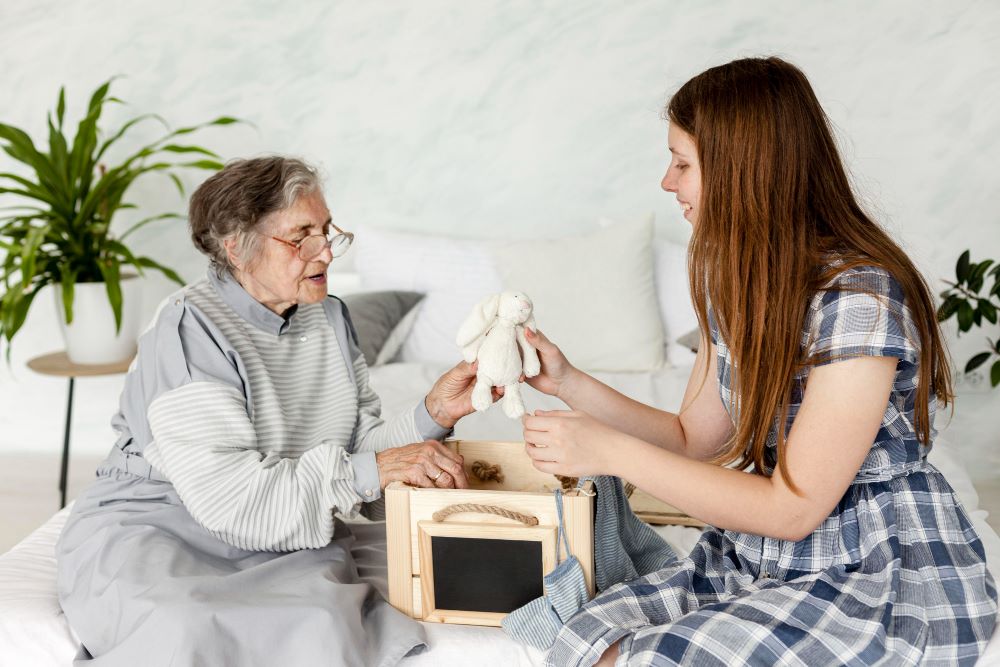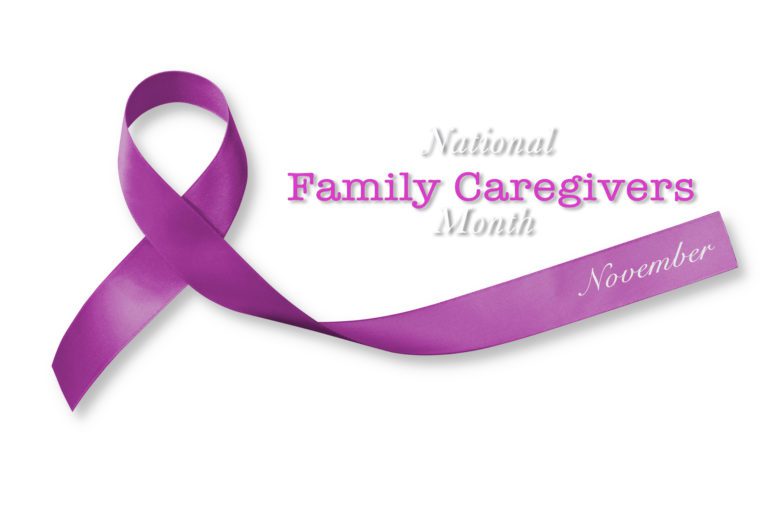When it comes to caring for our loved ones, it’s important to understand the different types of care available. Two commonly used terms in the healthcare industry are “personal care” and “companion care.” While these terms may sound similar, they actually refer to distinct types of care with unique characteristics and purposes. In this article, we will explore the difference between personal care and companion care, shedding light on their definitions, services provided, and the benefits they offer. So let’s dive in and discover the nuances of these two essential forms of care.
What is Personal Care?
Personal care, also known as custodial care or home care, involves assistance with activities of daily living (ADLs) for individuals who require help with tasks that they are unable to perform independently. This type of care is typically provided by trained caregivers or home health aides who work directly with the individual in their own home or a care facility. Personal care focuses on supporting the person’s physical needs and promoting their overall well-being.
Learn More: Personal Care
Services Provided in Personal Care
In personal care, the services provided are tailored to the individual’s specific needs. Some common services offered in personal care include:
- Bathing and grooming: Assistance with bathing, showering, hair care, and other personal hygiene activities.
- Dressing: Helping the individual with selecting appropriate clothing and dressing.
- Toileting: Aid in using the toilet, maintaining cleanliness, and managing incontinence, if necessary.
- Mobility support: Assisting with walking, transferring from one place to another, and using mobility devices like wheelchairs or walkers.
- Medication reminders: Ensuring the individual takes their prescribed medications on time and in the correct dosage.
- Meal preparation: Planning and preparing nutritious meals according to dietary restrictions and preferences.
- Light housekeeping: Performing light household chores such as laundry, cleaning, and organizing.
- Transportation: Assisting with transportation to medical appointments, social outings, or other necessary errands.
Benefits of Personal Care
Personal care plays a vital role in improving the quality of life for individuals who require assistance with their daily activities. Some key benefits of personal care include:
- Enhanced independence: Personal care enables individuals to maintain a sense of independence by receiving support for tasks they find challenging.
- Improved safety: With trained caregivers by their side, individuals are less prone to accidents and injuries, ensuring a safer living environment.
- Personalized attention: Personal care providers develop a close relationship with the individuals they assist, allowing for personalized care tailored to their unique needs.
- Peace of mind: Family members can have peace of mind knowing that their loved ones are receiving the necessary care and support.
What is Companion Care?
Companion care, as the name suggests, primarily focuses on providing companionship and emotional support to individuals who may be socially isolated or lonely. It is a non-medical form of care that aims to enhance the overall well-being of individuals by addressing their emotional and social needs. Companion care can be especially beneficial for seniors or those recovering from an illness or surgery who may require social interaction to maintain their mental and emotional health.
Learn More: How to Choose the Best Home Care Services for Your Loved One
Services Provided in Companion Care
Companion care services are designed to alleviate feelings of loneliness and isolation, promoting social engagement and emotional well-being. Some common services offered in companion care include:
- Social interaction: Engaging in meaningful conversations, reminiscing, and providing companionship.
- Accompaniment: Attending social events, outings, and appointments to prevent feelings of isolation.
- Recreational activities: Encouraging participation in hobbies, games, crafts, and other enjoyable activities.
- Mealtime companionship: Sharing meals and providing assistance during mealtimes.
- Light household tasks: Assisting with light cleaning, organizing, and pet care.
- Errands and shopping: Accompanying individuals on shopping trips and running errands.
- Medication reminders: Providing reminders for medication schedules, if necessary.
Learn More: In-Home Elderly Companion Services and Care
Benefits of Companion Care
Companion care offers a range of benefits that contribute to the overall well-being of individuals. Some notable advantages include:
- Reduced loneliness and isolation: Regular companionship helps combat feelings of loneliness and isolation, promoting mental and emotional well-being.
- Increased social engagement: Companion care encourages individuals to participate in social activities, fostering connections and friendships.
- Cognitive stimulation: Engaging conversations and stimulating activities can help maintain cognitive abilities and mental sharpness.
- Emotional support: Companions provide emotional support, lending a listening ear and offering comfort during difficult times.
Conclusion
In summary, personal care and companion care are two distinct types of care that cater to different aspects of an individual’s well-being. Personal care focuses on assisting with activities of daily living, promoting independence and physical well-being. On the other hand, companion care emphasizes social interaction, emotional support, and reducing feelings of loneliness or isolation. By understanding the differences between these two forms of care, you can make informed decisions about the type of care that best suits your loved one’s needs. Whether it’s personal care, companion care, or a combination of both, providing appropriate care ensures the comfort, safety, and overall quality of life for your loved ones.







